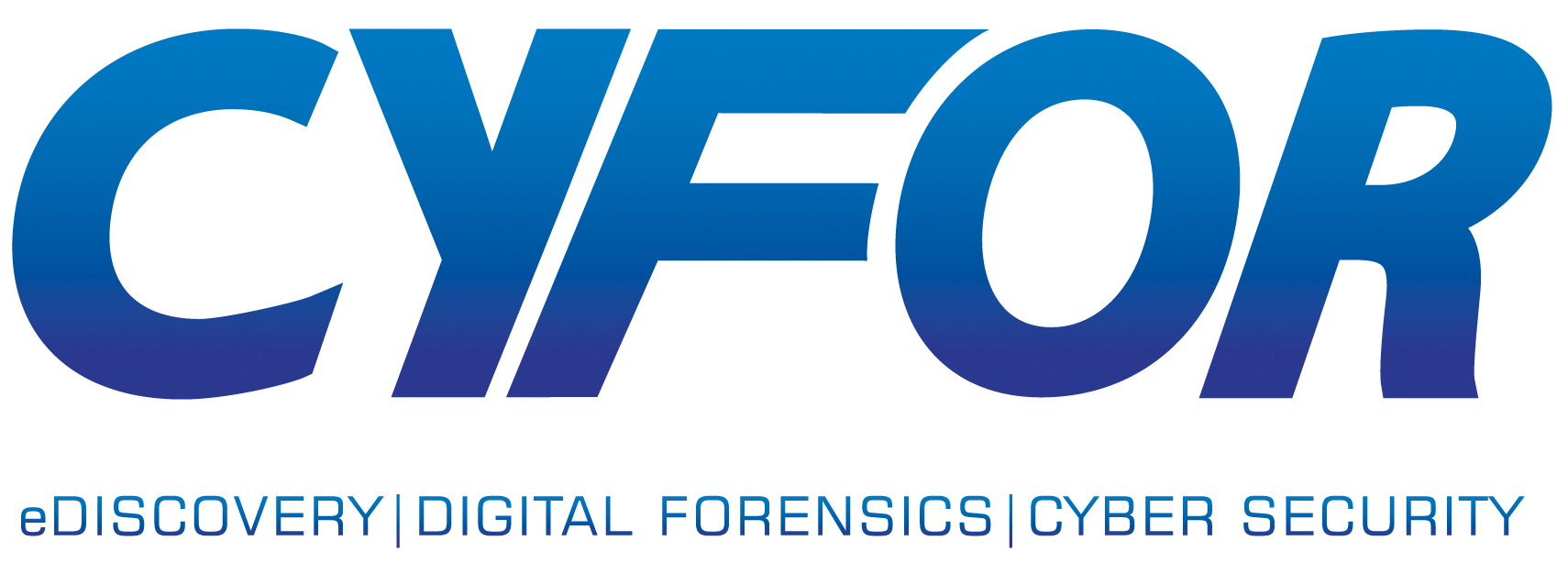CYFOR: acting globally and thinking locally

CYFOR: acting globally and thinking locally
Providing digital forensics, eDiscovery and cyber security expertise in legal jurisdictions other than those operating under English Common Law.
As the final stages of the Glasgow 2014 Commonwealth Games draw near it is striking to take in the sheer scale of its appeal: 1.5 billion people worldwide are said to have watched coverage of the Games involving 71 nations competing in 17 sports over 11 days.
Formerly called the British Empire Games and later renamed the British Empire and Commonwealth Games, the Commonwealth Games, held every four years, are generally regarded as the Commonwealth’s most visible activity. There is though the debate about the Commonwealth’s political and cultural relevance today. What is undeniable is the continued influence of Britain and its Common Law as the basis of many countries’ legal systems.
The roots of the Commonwealth go back to the British Empire, which, for over a century, was the foremost global power; at its height Britain directly or indirectly ruled 192 countries, almost a quarter of the Earth’s total land area! As a result, its influence was dispersed across the globe making its legacy widespread, in particular, its legal system which is the most pervasive in the world. Today 30% of the world’s population lives under English Common Law systems or 27% of the world’s 320 legal jurisdictions. Examples of former colonies that have decided to continue using English Common Law include India, Australia, South Africa and Malaysia.
Other popular systems which stemmed historically from their own political and military antecedents include Napoleonic Law jurisdictions (examples include Egypt and France) which covers 23% of the world’s population, and American Common Law groups (examples include US Territories, Liberia and Puerto Rico) covering just 5% of the world’s population but accounting for 26% of global GDP. Countries that chose the Roman-Germanic Law style of the legal system include the Netherlands, Switzerland and Turkey.
CYFOR: acting globally and thinking locally
Generally, parties to litigation under English Common Law systems are obliged to disclose documents on which they rely, documents that adversely affect their own case or that support the case of another party. This obligation applies equally to electronically stored information (ESI) as it does to physical documents. Often, a great deal of these documents will be in electronic/digital form.
Although it may seem that UK eDisclosure expertise is only of use within the UK domestic jurisdiction, and therefore plays a limited role for global legal and supporting professional services, the converse is actually true.
The international business landscape brought about not only by restructuring, mergers and acquisitions but by the pervasiveness of English Common Law systems. UK law firms can typically outsource their international eDisclosure and digital forensics matters to specialist digital investigators such as CYFOR because clients expect them to provide them with a full menu of legal services.
Meanwhile, CYFOR’s built-in global dimension means it can react to international clients’ demands from jurisdictions living under English Common Law systems, allowing UK law firms and other global professional service firms to service their international clients while simultaneously maintaining their local focus.
CYFOR also provides digital forensics, eDisclosure and cyber security expertise in legal jurisdictions other than those operating under English Common Law systems.
Call us today and speak with a Forensic Specialist
Send an enquiry to our experts
After submitting an enquiry, a member of our team will be in touch with you as soon as possible
Your information will only be used to contact you, and is lawfully in accordance with the General Data Protection Regulation (GDPR) act, 2018.